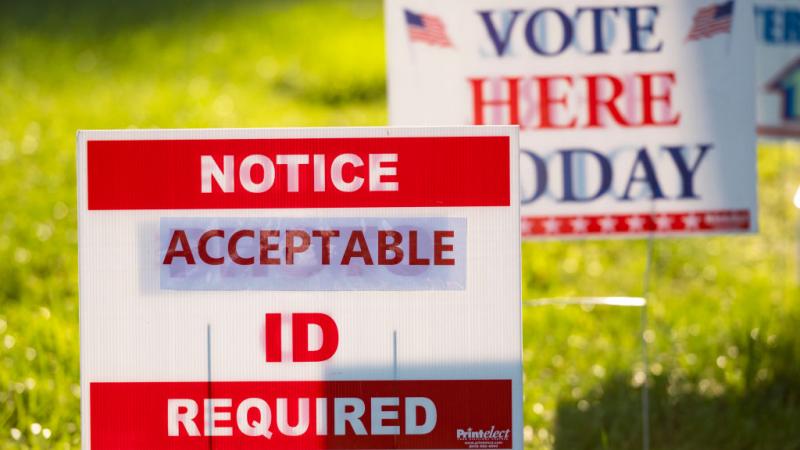Supreme Court oral arguments on key abortion rights case focus on precedent, fetal viability
The Mississippi abortion law faces nearly 50 years of Supreme Court precedent on abortion
The Supreme Court on Wednesday hearing oral argument on a Mississippi law banning abortion after 15 weeks, with the nine justices focusing on the legal precedent landmark Roe v. Wade and similar cases.
The three liberal justices -- Elena Kagan, Sonia Sotomayor, and Stephen Breyer -- in the case before them, Dobbs v. Jackson Women's Health Organization discussed the potential political ramifications for the high court if precedent regarding abortion were overturned.
"Will this institution survive the stench that this creates in the public perception that the Constitution and its reading are just political acts?" Sotomayor asked.
"If people actually believe that it’s all political how will we survive? How will the court survive?" she said later, in the nearly two-hour hearing.
In Dobbs v. Jackson Women's Health Organization, the last operational abortion clinic in Mississippi is challenging the state's 2018 Gestational Age Act, which bans abortion prior to the age of fetal viability set by the court in Roe, and updated in Planned Parenthood v. Casey, to roughly 24 weeks.
Justice Brett Kavanaugh, appointed by President Trump, cited multiple Supreme Court cases in which precedent was overturned, asking why the precedent on abortion couldn't be.
Julie Rikelman, a lawyer representing Jackson Women's Health Organization, said that the court must have special justification to overturn precedent, but it didn't have one in this case.
Justice Clarence Thomas, who had dissented in the abortion case of Planned Parenthood v. Casey, asked the respondent for the specific constitutional basis that allowed for the right to abortion.
Rikelman said that a woman's right to abortion is found in the 14th Amendment's liberty clause and that women have an equal right under the Constitution to control their own bodies.
Kavanaugh also asked why the court shouldn't return to its position of neutrality regarding abortion, since the Constitution is neutral on the subject, and allow Congress, the states, or the people to determine its lawfulness.
The abortion provider's attorney argued that the court had rejected this argument in Casey and that because it's a fundamental right, it shouldn't be left up to the states.
There were also multiple questions regarding the line of fetal viability.
Chief Justice John Roberts asked, "Why is 15 weeks not enough time" for a woman to get an abortion.
Rikelman repeatedly argued that the viability line is the most principled and workable standard.
In response to Kavanaugh, Mississippi Solicitor General Scott Stewart confirmed that his state is seeking for the Supreme Court to be neutral on the subject on abortion.















